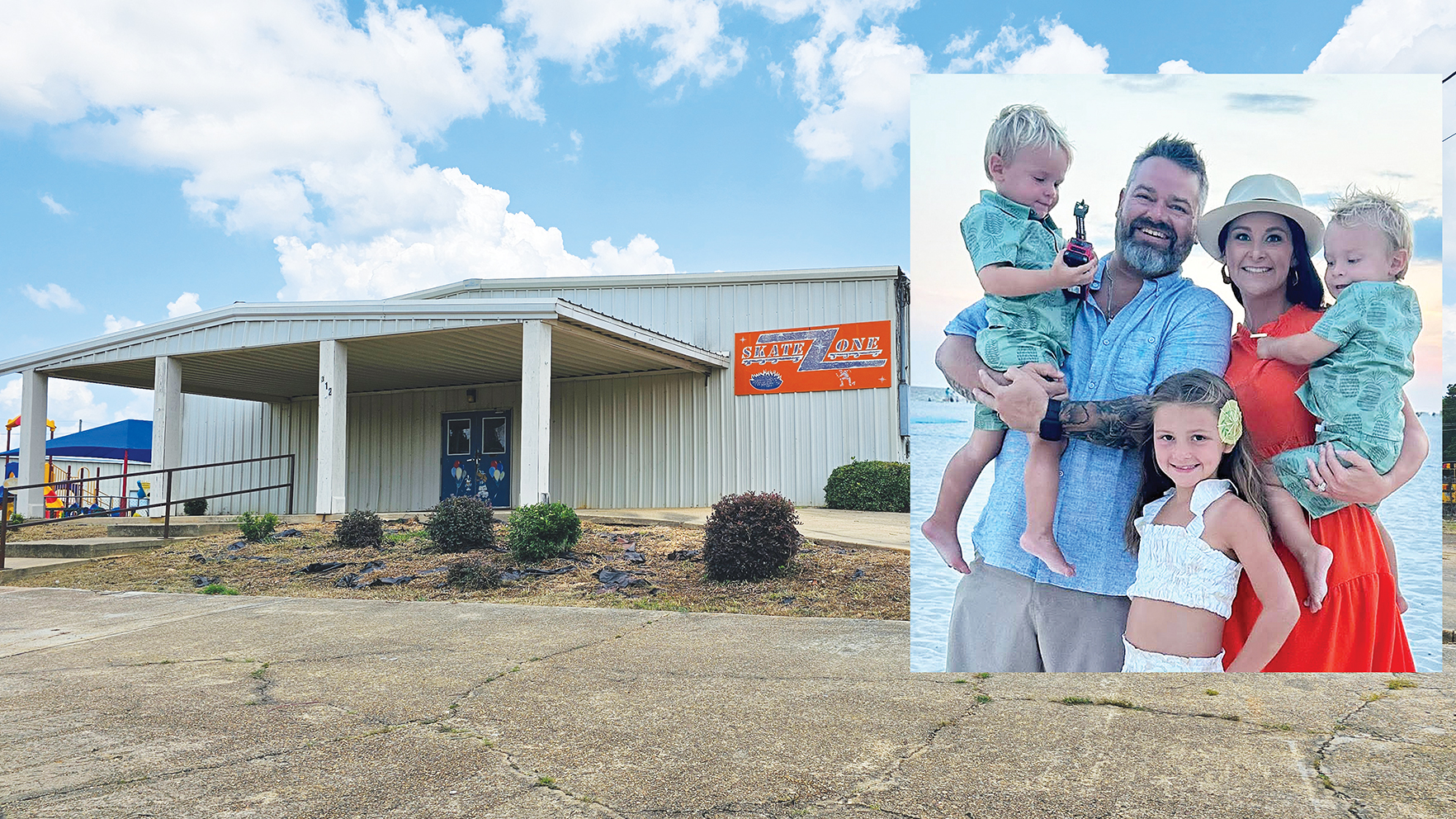Precedent on tax breaks may be two-edged sword
Published 5:00 am Tuesday, May 27, 2008
A decision by the Lincoln County Board of Supervisors this pastweek to refuse tax-exempt status to a local industry bearsdiscussion and further review of the possible implications of thedecision.
In a split decision last week, the board voted 3-2 to deny arequest by Columbus Lumber Company to receive free port exemptionof $13,000 per year.
They also denied a request by Dow Chemical for productwarehoused here. The board is reviewing two other requests for advalorem tax exemptions for expansion at two other localcompanies.
Trending
Columbus Lumber, a locally owned lumber company, is one ofLincoln County’s oldest industries with an annual payroll of over$4.5 million and providing approximately 120 jobs. Founded by theBehan family, it was sold to local investors several years ago.
Those voting against the exemption voiced concern that bygranting the exemption, the board would set a precedent, the costswhich would eventually be passed on to taxpayers to pick up thedifference in revenue lost due to such exemptions.
The free port warehouse exemption is a tax break authorized bythe state, but granted by local government, for goods produced orwarehoused locally but eventually shipped out of state.
Several local industries already receive the free port exemptionhere in Lincoln County. The intent of the exemption is to protectthe manufacturer from double taxation of the finished goods.
While one can fully understand the board’s concern for openingthe flood gates of local industries seeking tax relief during tougheconomic times, one has to also agree that any tax break given to alocally owned industry that provides $4.5 million is annualsalaries is easily covered by the economic impact those jobs haveon the county. Lose those jobs or some of those jobs and thecommunity will dramatically feel the effect.
While we cannot fault the Dow Chemical decision in that no localjobs are involved, we have to think the decision on Columbus Lumberdeems further review.
Trending
Here is Southwest Mississippi, where recruiting new industry ismore challenging than ever before, working with existing employerssends a strong positive message to new industries seeking to locatehere in the future.
Setting precedents can be a two-edged sword. The action may savetax dollars today but cost taxpayers even more in the long run.





